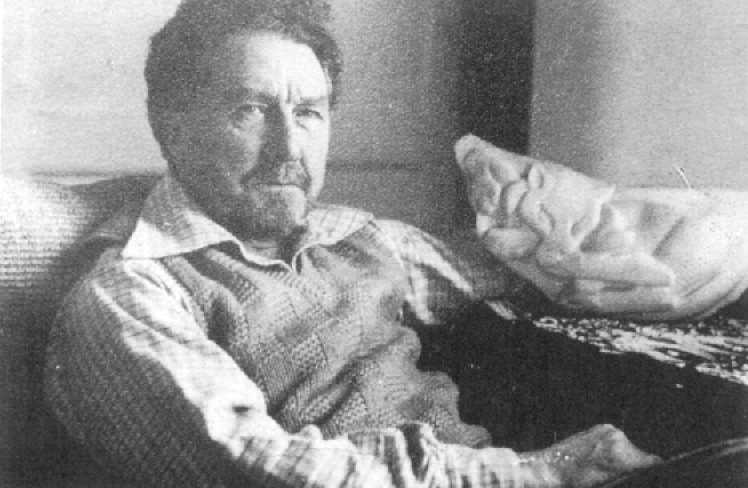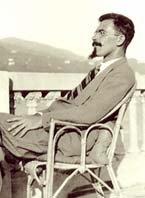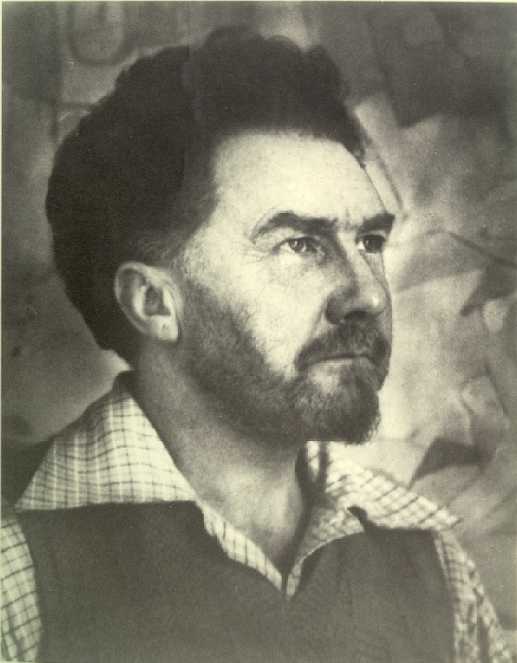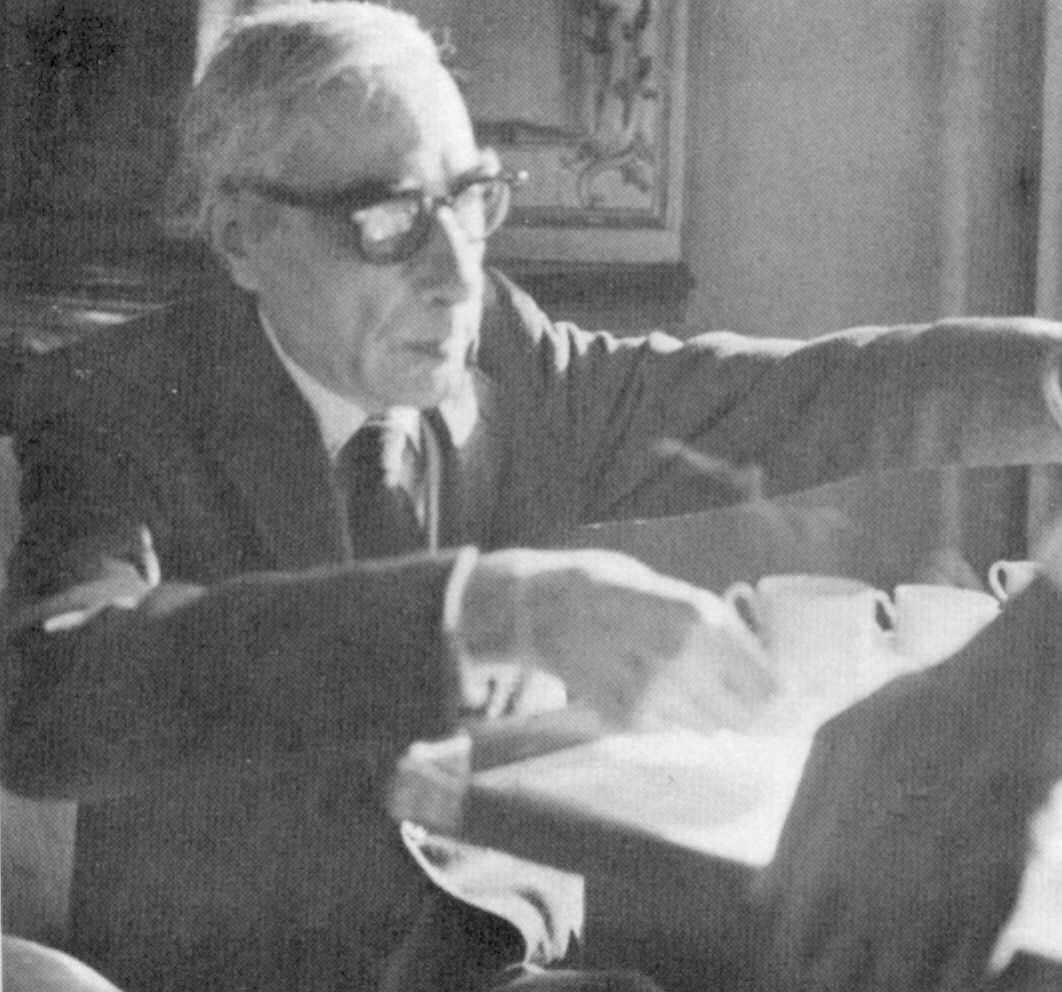|
Twentieth Century American Poetry — [up]
Course Description : The course (seminar, 2 hrs/wk) intends to examine the beginnings of twentieth century American poetry through the poetry and the letters of Ezra Pound. The Cantos will have a central place in the discussions, and Pound's correspondence will be used to obtain inside information on the poetry. Some of the correspondence to be used is still manuscript material. The topics to be discussed will include: — Pound's medievalism, early poetry; — Imagism & Vorticism; — Pound and The Little Review; — the ideogrammic method; — The Cantos and Ulysses; — The Cantos and The Waste Land; — The Cantos and Paterson; — Pound and Zukofsky [See in Hungarian, Louis Zukofsky—Hugh Kenner: "Brooklyni szerelem." Pompeji 1993/1-2. 299-310.]; — Pound, Olson and Ginsberg.
Assignments will include short introductions by students to the topic under discussion prepared with the help of additional literature. The participants will be expected to submit by Monday, December 5, a 15-page long end-term paper on any aspect of the subjects discussed. The proceedings of each class will be recorded by a participant and approved of at the next meeting. The introduction (at least one) and the end-term paper are preconditions for grading. Grading will be based on classroom activity (40%), the introduction (30%), and the end-term paper (30%).
Weekly Schedule
1 Introduction, biographical sketch
2 Pound's medievalism, early poetry — Cino, Sestina: Altaforte, Seafarer
3 Imagism & Vorticism
4 The Cantos — an introduction
5 The ideogrammic method
* E. Fenollosa/Ezra Pound, The Chinese Written Character As a Medium for Poetry. 1936;
* L.K. Gefin, Ideogram. History of a Poetic Method. Austin, 1982.
* F. Read (ed.), Pound/Joyce. The Letters of Ezra Pound to James Joyce. New York, 1967;
- 7 The Cantos and The Waste Land
* Brooke-Rose, Christine: "Piers Plowman in the Modern Wasteland". In: Noel Stock (ed.), Ezra Pound: Perspectives. Henry Regnery, Chicago, 1965. pp.154-176.
* Scott, Peter Dale: Pound in "The Waste Land", Eliot in THE CANTOS. Paideuma (1990 winter) 19/3, 099-114.
* B. Ahearn (ed.), Pound/Zukofsky. Selected Letters of Ezra Pound and Louis Zukofsky. New York, 1987;
* L. Zukofsky, "A". Berkeley, 1978;
* L. Zukofsky, All. The Collected Short Poems 1923-1964. New York, 1971;
* C.V. Catullus, Gai Valeri Catulli Veronensis Liber. (Celia and L. Zukofsky, transl.) London, 1969;
* Cox, Kenneth: "Pound and Zukofsky". Agenda, 26/1 (1988), pp.60-68.
* Pásztor Árpád: "Louis Zukofsky: avantgardista amerikai költő". Pesti Napló. Vasárnap 1933 augusztus 13, p.37.
Paideuma (1978 winter) 07/3.
* Hatlen, Burton: "Stalin and/or Zukofsky: A Note". Paideuma (1979 spring) 08/1, 149-151.
* Hooley, D.M.: "POUND/ZUKOFSKY: SELECTED LETTERS OF EZRA POUND AND LOUIS ZUKOFSKY, edited by Barry Ahearn". Paideuma (1990 winter) 19/3, 149-153.
* Odlin, Reno: "Materials toward an Essay on Zukofsky's "A"". Paideuma (1981 fall) 10/2, 315-325.
* Quartermain, Peter: "A", by Louis Zukofsky. Paideuma (1980 spring) 09/1, 203-210.
- 9 The Cantos and Paterson
* D. Hoffman (ed.), Ezra Pound and William Carlos Williams. Philadelphia, 1983;
* W.C. Williams, Paterson
* Bar-Yaacov, Lois: "A Present of the Present: The Dialogue with Pound and Eliot in Paterson V". In: Studies in American Civilization. Scripta Hierosolymitana Vol. XXXII. Edited by E. Miller Budick, Arthur A. Goren, Shlomo Slonim. The Magnes Press, The Hebrew University, Jerusalem, 1987. pp.301-322.
* Stoicheff, Peter: "Poems' Poetics or Poet's Death: What Ends The Cantos, Maximus, and Paterson?" Genre, XXII (Summer 1989), pp.175-193.
* Witemeyer, Hugh: "METAPHOR AND THE POETRY OF WILLIAMS, POUND, AND STEVENS, by Susanne Juhasz". Paideuma (1976 spring) 05/1, 191-193.
* Witemeyer, Hugh: "BARDIC ETHOS AND THE AMERICAN EPIC POEM: WHITMAN, POUND, CRANE, WILLIAMS, OLSON, by Jeffrey Walker". Paideuma (1991 spring & fall) 20/1&2, 225-229.
* C. Seelye, Charles Olson and Ezra Pound. An Encounter at St. Elizabeths. New York, 1975;
* Kavka, Jerome: "Olson Saved My Life" Paideuma (1985 spring) 14/1, 007-30.
* Olson, Charles: First Canto. Paideuma (1974 winter) 03/3, 295-300.
* Witemeyer, Hugh: BARDIC ETHOS AND THE AMERICAN EPIC POEM: WHITMAN, POUND, CRANE, WILLIAMS, OLSON, by Jeffrey Walker. Paideuma (1991 spring & fall) 20/1&2, 225-229.
* Ginsberg, Allen: "Encounters with Ezra Pound". In: Composed on the Tongue, Edited by Donald Allen. Grey Fox Press, Bolinas, California, [1980], pp.1-17.
* Reck, Michael: "A Conversation between Ezra Pound and Allen Ginsberg". Evergreen Review 55 (June 1968), pp.26-29, 84.
* Ginsberg, Allen: "Allen Verbatim". Paideuma (1974 fall) 03/2, 254-273.
- 12 Discussion of end-term papers
- 13 Conclusions
The literature will include:
- D.D. Paige, The Selected Letters of Ezra Pound, 1907-1941. New York, 1950;
- L. Dudek (ed), Dk/Some Letters of Ezra Pound. Montreal, 1974;
- Omar Pound (ed), Ezra Pound and Dorothy Shakespear. Their Letters: 1909-1914. London, 1985;
- L. Lindberg-Seyersted (ed.), Pound/Ford: The Story of a Literary Friendship. New York, 1982;
- T. Materer (ed.), The Selected Letters of Ezra Pound to John Quinn 1915-1924. Durham, 1991;
- Th. Scott et alia (ed.), Pound/The Little Review. The Letters of Ezra Pound to Margaret Anderson. New York, 1988;
- T. Materer (ed.), Pound/Lewis. The Letters of Ezra Pound and Wyndham Lewis. New York, 1985;
- L.W. Doob (ed), "Ezra Pound Speaking". Radio Speeches of World War II. Westport, CT, 1978;
- D. Davie, Ezra Pound. Poet As Sculptor. London, 1965;
- T. Redman, Ezra Pound and Italian Fascism. Cambridge, 1991;
- R. Bush, The Genesis of Ezra Pound's Cantos. Princeton, 1976;
- R. Casillo, The Genealogy of Demons. AntiSemitism, Fascism and the Myths of Ezra Pound. Evanston, 1988;
- N. Zapponi, L'Italia di Ezra Pound. Roma, 1976.
|





